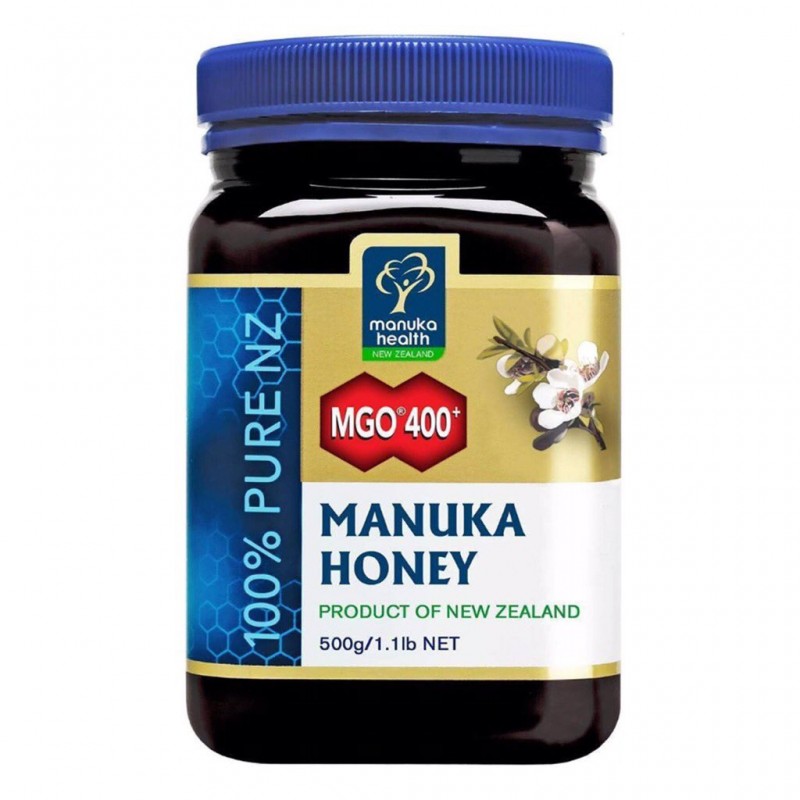Since these instant noodles are made to have a longer shelf life, they are highly processed.
It is low in nutritional content; Rich in fat, calories and sodium. They are full of artificial colours, preservatives, additives and flavorings.
Instant noodle monosodium glutamate (MSG) as well as tert-butyl hydroquinone (TBHQ) - a chemical preservative derived from the petroleum industry - to enhance its flavor and preserve its properties.
People with MSG may have symptoms such as headache, muscle spasms, numbness and tingling.
A 2014 Korean study on instant noodles
The study concluded that excessive intake of instant noodles can not only lead to obesity but also to metabolic diseases such as diabetes, hypertension, hypertension, heart problems, etc.
Instant noodles and fat
Instant noodles contain saturated fats that can raise the level of cholesterol in the blood if consumed in excess or regularly.
High cholesterol increases the risk of heart disease as well as type 2 diabetes.
In 2013, a group of American doctors conducted an experiment to find out how our digestive process works when we eat instant noodles. With the help of a small pill-sized camera.
They note that it takes a few hours for the stomach to digest instant noodles and break them down completely, which is difficult to digest, unlike fresh pasta.
Instant noodles and Vitamin D
Another study of vitamin D status and its relationship to diet and lifestyle factors in 3,450 young adults.
The study showed that eating instant noodles was associated with lower levels of vitamin D. It has also been linked to obesity, a sedentary lifestyle, and consumption of sugar-sweetened beverages.
How to make instant noodles healthy?
Choosing whole-grain instant noodles, for example, can increase the fiber content and promote feelings of fullness.
Low-sodium instant noodles are also available, and can help reduce your sodium intake for the day


